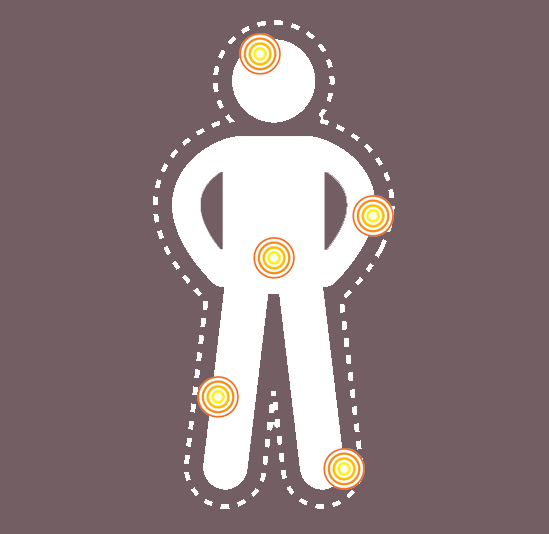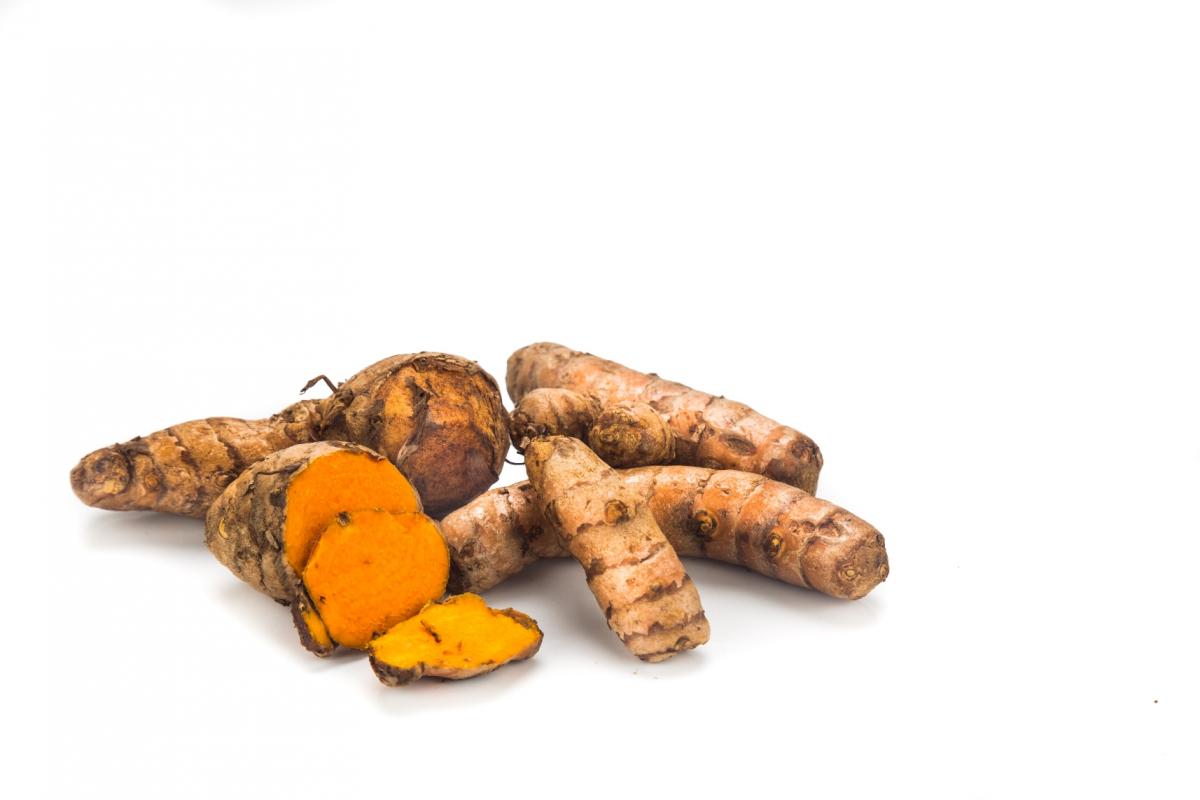What is rhinitis?
Non-allergic rhinitis is inflammation of the inside of the nose and a build-up of fluid in the nasal tissues that is not caused by an allergy. This swelling blocks the nasal passages and stimulates the mucus glands in the nose, typically resulting in a blocked or runny nose.
One of the most common characteristics of chronic rhinitis is post-nasal drip, which is mucus accumulation in the back of the nose and throat that drips downward from the back of the nose. Post-nasal drip can cause sore throat, cough, or throat clearing.
Rhinitis caused by an allergen, such as pollen, is a separate condition known as allergic rhinitis (or hay fever). It has the same complications as allergic rhinitis (such as sinusitis, chronic ear infection, loss of smell, asthma, obstructive sleep apnea). Because the two are similar, it’s necessary to perform allergy tests and blood tests to tell them apart.
Why do I have rhinitis?
Some people may develop non-allergic rhinitis after taking certain medications, such as blood pressure medications, birth control pills, aspirin or the overuse of nasal decongestants. Sometimes pregnancy, puberty or an over-active thyroid gland can cause rhinitis (due to a hormonal imbalance).Environmental factors such as smoke, perfume, spicy food and alcohol can also trigger rhinitis.
What is the conventional treatment for non-allergic rhinitis ?
Conventional treatment of non-allergic rhinitis includes saline, corticosteroid and antihistamine nasal sprays, as well as oral decongestants. Over-the-counter oral antihistamines typically don't work nearly as well for non-allergic rhinitis as they do for allergic rhinitis. Nasal sprays and oral decongestants may also have side effects that range from nosebleeds to high blood pressure and heart palpitations.
How can Foodwise help?
Do you have non-allergic rhinitis? Foodwise can help.
Nasal sprays and oral decongestants are not your only options.
We have all the nutritional information and dietary advice to help manage non-allergic rhinitis naturally and bring lasting relief to many of its symptoms.
Join nowHow does healthy nutrition help treat non-allergic rhinitis naturally?
Non-allergic rhinitis is considered to be a nose that is overly sensitive to airborne irritants such as smoke, hairspray, pollen, dust and perfume. Therefore it is important to avoid any substance that can physically irritate the nasal and sinus lining causing symptoms.
Since inflammation plays a key role in rhinitis, a dietary and lifestyle approach puts the emphasis on controlling inflammation.
An effective approach to managing rhinitis includes following a whole food, fibre-rich anti-inflammatory diet, identifying food intolerances, avoiding inflammatory foods (including the nightshade family), avoiding chemical triggers and correcting nutritional deficiencies, as well as the appropriate use of natural supplements and home remedies.


